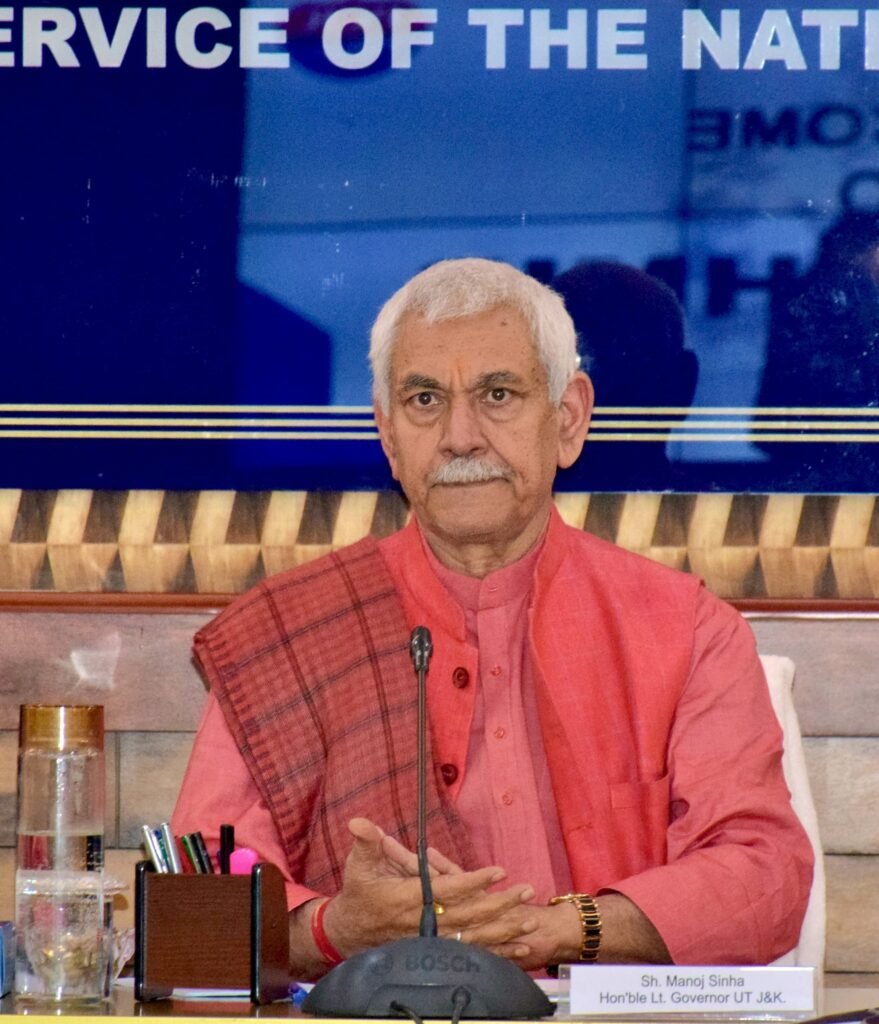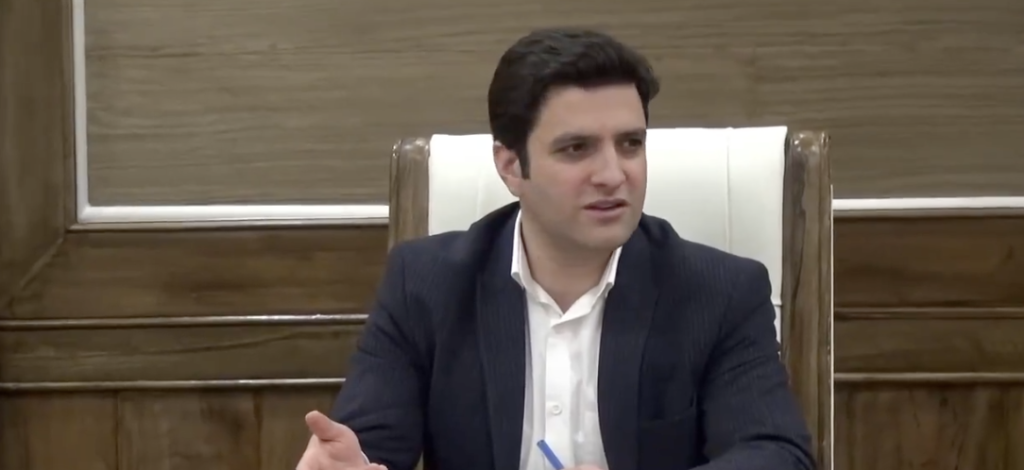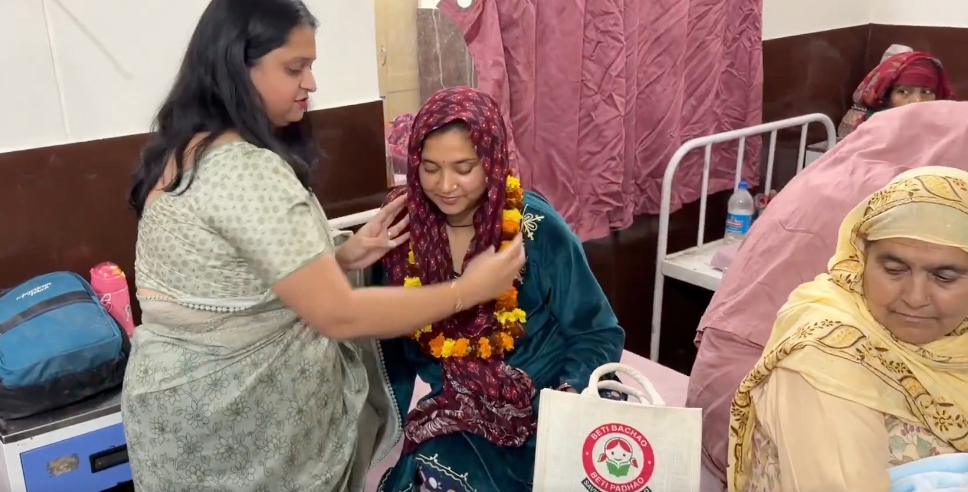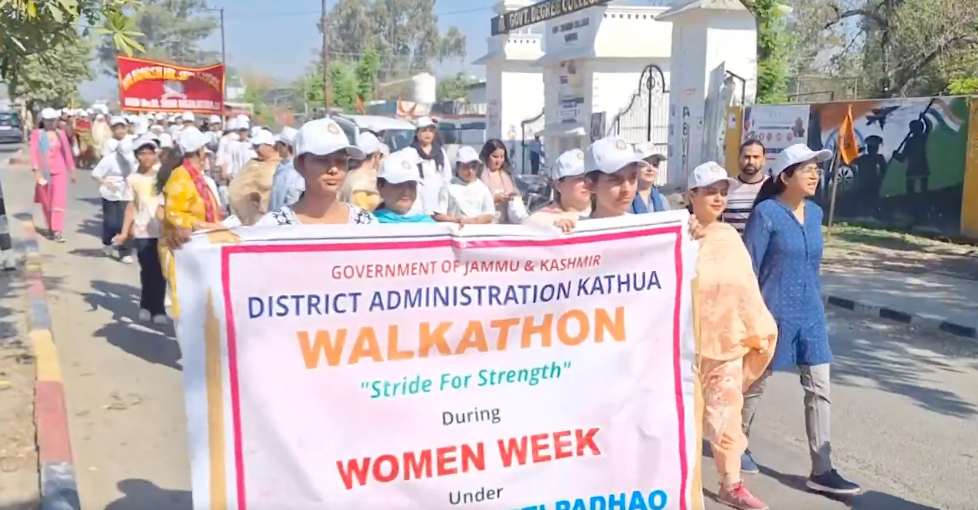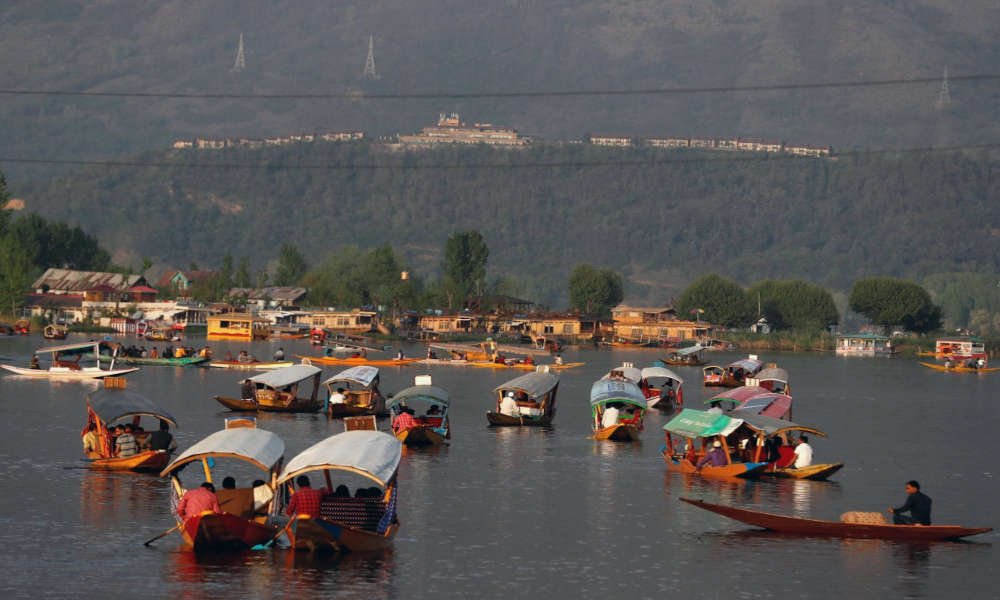Jammu, May 7, 2025 – Lieutenant Governor Manoj Sinha expressed heartfelt gratitude to Prime Minister Shri Narendra Modi for approving a significant expansion of the Indian Institute of Technology Jammu, aimed at enhancing its academic infrastructure and student capacity. The ambitious project, announced on May 7, 2025, also includes the establishment of a state-of-the-art research park to foster stronger industry-academia linkages, positioning Jammu and Kashmir as a hub for innovation and research.
The expansion, part of a broader initiative to bolster five IITs across India, including those in Tirupati, Bhilai, Palakkad, and Dharwad, is backed by a Union Cabinet allocation of ₹11,828.79 crore over four years (2025–2029). This development will enable IIT Jammu to accommodate over 6,500 additional students, significantly increasing its current enrollment of approximately 1,400 across various programs. The new research park will facilitate collaboration between academia, industry, and startups, driving advancements in fields like technology, biotechnology, and defense innovation, aligning with India’s vision of Atmanirbhar Bharat (self-reliant India).
Sinha, in a statement shared widely online, lauded Modi’s leadership, noting that the expansion will transform IIT Jammu into a beacon of higher education and technological excellence. “This approval reflects the Prime Minister’s commitment to empowering the youth and fostering innovation in Jammu and Kashmir,” he said. The initiative builds on prior milestones, including the inauguration of IIT Jammu’s permanent campus by PM Modi on February 20, 2024, which features 52 laboratories, 104 faculty offices, and 27 lecture halls, with hostel facilities for 1,450 students.
The research park is expected to enhance industry-academia collaboration, mirroring successful models like IIT Madras Research Park, by providing a platform for startups, MSMEs, and global firms to co-develop cutting-edge solutions. This aligns with Sinha’s earlier remarks at the North-Tech Symposium 2023 at IIT Jammu, where he emphasized the institute’s role in forging synergies for defense technology and self-reliance. The project also complements Jammu’s emergence as an education hub, housing premier institutions like AIIMS, IIM, and a Central University, a transformation Sinha credits to Modi’s vision.
Public sentiment online reflects enthusiasm, with posts praising the move as a boost to youth empowerment and economic development in Jammu and Kashmir. Users highlighted the potential for job creation and innovation, though these sentiments remain unverified. The expansion follows recent regional developments, such as the JKTPO-JKEDI Entrepreneurship Program in Samba and healthcare upgrades in Doda, underscoring a multifaceted approach to growth amidst cross-border tensions along the Line of Control.
The IIT Jammu project is poised to elevate the institute’s global standing, attract top talent, and contribute to Viksit Bharat (Developed India) by nurturing research, innovation, and industry partnerships. Sinha’s gratitude underscores the collaborative efforts of the Union Government and J&K Administration to drive transformative change in the region.






